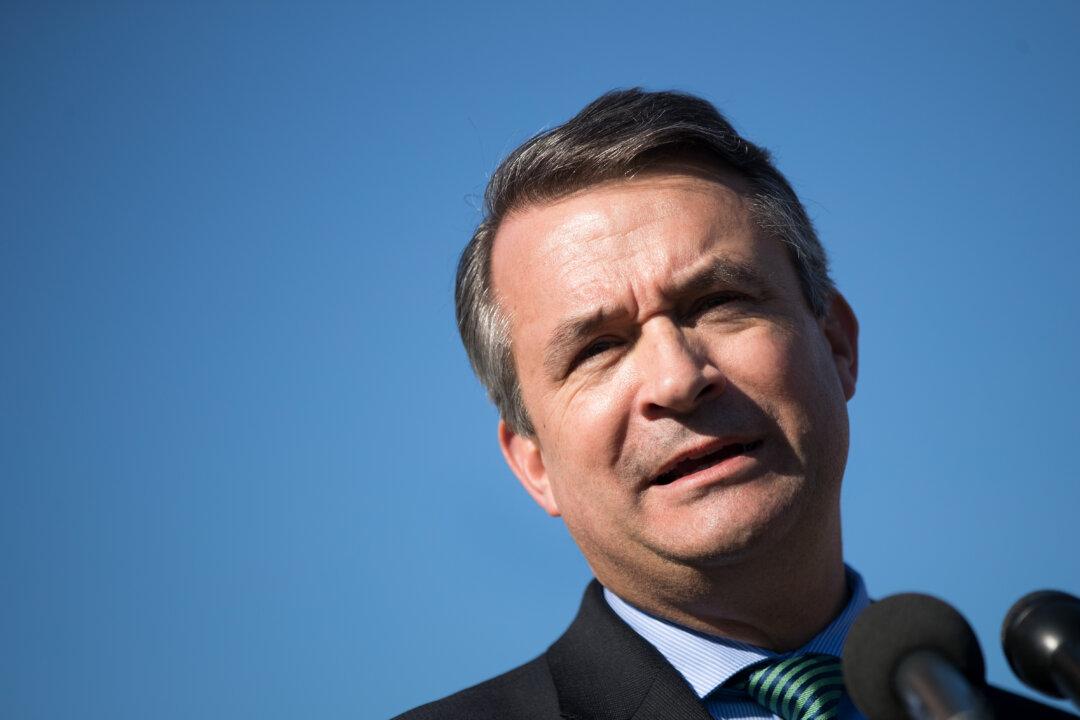The House of Representatives passed a $1.2 trillion infrastructure package on Nov. 5, with most Republicans voting against and most Democrats voting for the legislation.
Six Democrats voted against the package, which would have set the measure up for failure without Republican support. However, 13 Republicans broke ranks, including former Democrat Rep. Jeff Van Drew (R-N.J.) and retiring Rep. Adam Kinzinger (R-Ill.).





